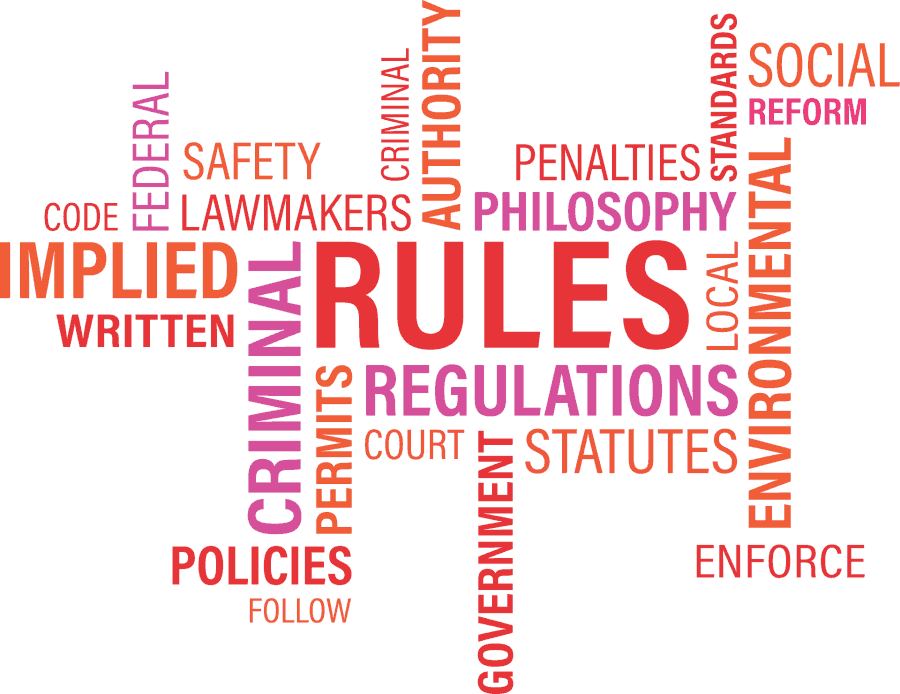Clients and potential clients tell us all the time that they think they have been the victim of a “wrongful termination.” Oftentimes, what employees actually mean when they say “wrongful” is unfair or baseless. And, every time a client or potential client tell us this we have to tell them that there is no independent legal claim for wrongful termination.
I bet if you polled 100 average employees, 90% of them would be surprised to learn this.
That being said, while there is no cause of action for wrongful terminations there are plenty of causes of action for unlawful ones. So what is the difference? Well, it’s not always easy to tell.
An unlawful firing is anything that violates a state or federal statute such as Title VII of the Civil Rights Act or the Illinois Human Rights Act (both statutes prohibit discrimination and retaliation based on protected status such as gender, race, disability, religion, etc). Unlawful can also mean a violation of state common law which is judge-made law or, in other words, legal claims that have evolved from judicial decisions rather than legislative mandates. In Illinois, for instance, we have a cause of action for retaliatory discharge which arises when an employee feels she was terminated for objecting to illegal or unethical conduct or for opposing or raising concerns (internally or externally) about a matter sufficiently related to public policy such as employee safety or fraud. Common law claims also include the workplace defamation and certain privacy torts.
In trying to decide whether your termination was merely unfair versus lawful, it’s always best to ask yourself why you think you were terminated. You may not know for sure but what is your gut telling you? More often than not we find that our clients’ instincts are spot on. If your gut is telling you that you were fired because it just wasn’t a good fit–that very well may fall on the unfair yet not illegal side of the analysis. If you feel it was because your new boss likes to work with men and is uncomfortable having dinner meetings with women (we’re looking at you Vice President Pence) then your termination may very well have been unlawful and you may have a potential legal claims stemming from being treated differently than your male colleagues.
The line between unfair and unlawful is a fine one and it’s always best to consult with an employment lawyer before determining what side of the line your termination falls on. Not everything that is unfair at work is actionable but everything that is unlawful is.



